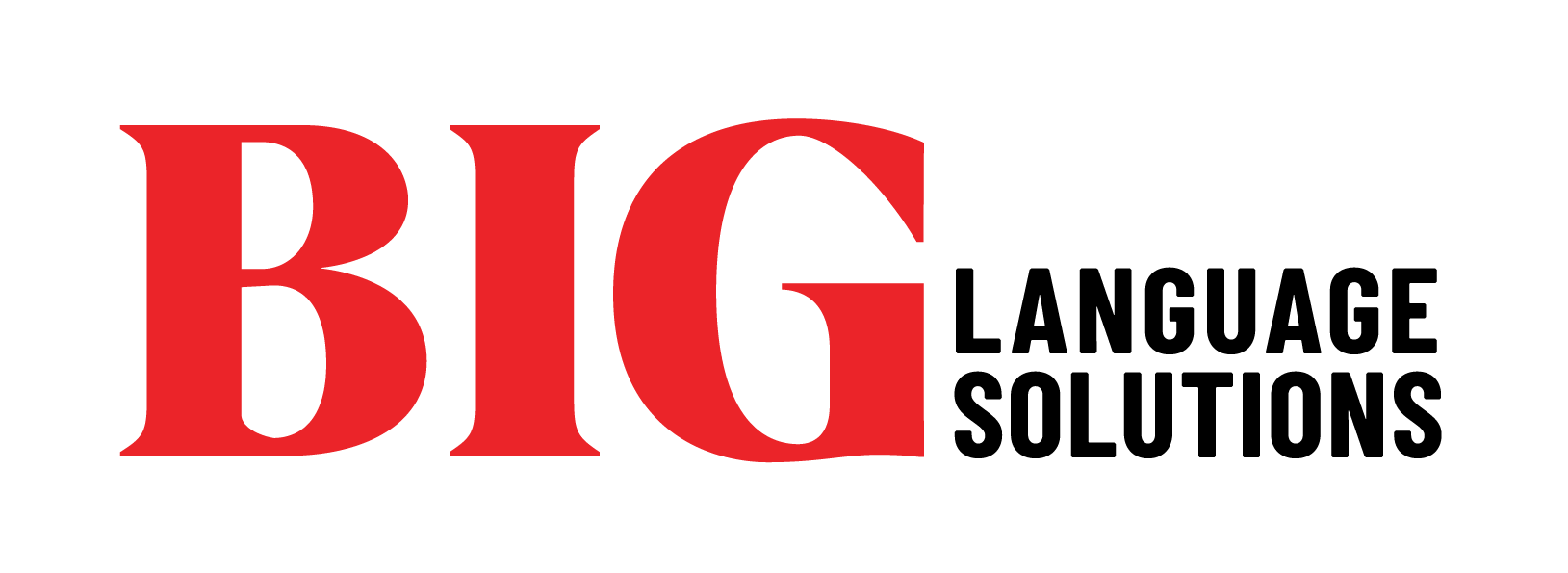Did you know that nearly 773 million adults and young people lack basic literacy skills? Two-thirds are women. In addition, 617 million children and adolescents are not achieving minimum proficiency levels in reading and mathematics. More than 60 million children are out of school and many more attend irregularly or drop out.
In 1966, UNESCO proclaimed September 8 as International Literacy Day. The primary goal was to remind the international community of the importance of literacy for individuals, communities and societies, and the need for intensified efforts towards more literate societies. The issue of literacy is a key component of the UN’s Sustainable Development Goals and the UN’s 2030 Agenda for Sustainable Development.
And this year, more so than many years past, it is especially important that we remind our world leaders of the importance of improving literacy. The recent COVID-19 crisis has been a stark reminder of the existing gap between policy and reality. Adult literacy and education were missing from initial education response plans, leaving many youth and adults with no or low literacy skills without access to life-saving information.
Since adult literacy programs were not included in the initial education response plans, most adult literacy programs that did exist were suspended, with just a few courses continuing virtually, through TV and radio, or in open air spaces.
International Literacy Day 2020 focuses on “Literacy teaching and learning in the COVID-19 crisis and beyond,” especially on the role of educators and changing pedagogies. The theme highlights literacy learning in a lifelong learning perspective.
International Literacy Day 2020 provides an opportunity to reflect on and discuss how innovative and effective pedagogies and teaching methodologies can be used in youth and adult literacy programs to face the pandemic and beyond. The Day will also give an opportunity to analyze the role of educators, as well as formulate effective policies, systems, governance and measures that can support educators and learning.
ISI feels strongly that all individuals should have equal access to information, regardless of their native languages or geographic location. Its why we do what we do! We support the United Nations’ efforts to improve literacy worldwide.








